Emerging Technologies in Dispute Avoidance and Adjudication
In a rapidly evolving world, the field of dispute resolution is also embracing technological advancements to enhance efficiency, transparency, and fairness. This exclusive ArbTech webinar highlighted the latest innovations that are reshaping the landscape of conflict avoidance and resolution.
Emerging Technologies In Arbitration
The webinar delved into the dynamic intersection of emerging technologies and the realm of arbitration, exploring their potential impacts on proceedings. The panelists engaged in a comprehensive discussion, covering three key areas of technological integration: augmented and virtual reality (AR/VR), lie detection technology, and AI-assisted fact-checking.
Augmented and Virtual Reality (AR/VR)
The conversation initiated with the application of AR/VR in arbitration. This technology has the potential to transform how evidence is presented, particularly in construction disputes. By visualising complex 3D models, AR/VR can enhance comprehension and decision-making for both arbitrators and parties. Examples included presenting site inspections, plans, and designs virtually, thereby providing a more immersive and intuitive experience compared to traditional 2D representations.
Lie Detection Technology
The discussion shifted to the realm of lie detection technology and its feasibility in arbitration. The speakers explored various techniques, such as micro expressions and speech analysis, which could be employed to assess witness credibility during cross-examinations. While acknowledging the ethical considerations and limitations of such technology, the panelists emphasized its potential to assist arbitrators in evaluating the truthfulness of testimonies.
AI-Assisted Fact-Checking:
The dialogue then transitioned to the role of AI-assisted fact-checking, particularly in the context of real-time verification during arbitration proceedings. The technology, inspired by its application in politics, could be adapted to analyze witness testimonies, cross-reference statements with records, and highlight inconsistencies. This automation of fact-checking tasks could aid legal practitioners in a more efficient and accurate assessment of evidence.
Navigating Technological Transformation in Arbitration: Challenges and Opportunities
Throughout the conversation, the challenges of keeping up with rapid technological advancements were acknowledged. Adapting to and integrating these technologies into legal practices and arbitration proceedings can be daunting. The speakers explored the catalysts for change, including client demand, cost-effectiveness, and a shift in legal culture. It was emphasized that lawyers should embrace new roles as enablers of technology, harnessing it to navigate complex processes effectively.
An overarching theme was the transformative potential of these technologies for early case assessment, access to justice, and procedural efficiency. By facilitating better-informed decisions, these tools have the capacity to reshape traditional arbitration procedures and legal practices. While acknowledging the complexities of integrating technology, the webinar underscored the importance of embracing innovation to enhance the practice of law and arbitration in the modern era.
Embracing Innovation for a Modern Era
Whether you're a legal professional, arbitrator, technology enthusiast, or simply curious about the future of dispute resolution, this webinar offers a unique opportunity to gain insights into the evolving landscape at the crossroads of emerging technologies and arbitration. By delving into the potential applications of augmented and virtual reality, lie detection technology, and AI-assisted fact-checking, the panelists have illuminated the transformative possibilities that await the field. As these technologies continue to evolve, their integration has the potential to reshape how evidence is presented, credibility is assessed, and information is verified in arbitration proceedings.
This informative discussion encourages stakeholders to consider not only the challenges but also the opportunities that arise from harnessing these tools for the advancement of justice and legal practice.
Dive deeper into the world of alternative dispute resolution here!
